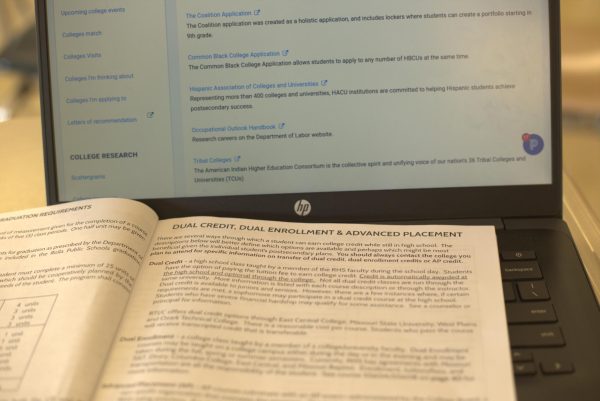Freedom of speech does not equal freedom of hate
We often hear the words, “it is freedom of speech.” and automatically, our mind runs to the constitutional rights of that phrase and how we can counter-attack it. When people run to free speech for protection, it is usually because they have abused that power. Upon abusing it, it can abuse others in more than one way. This act is called Hate Speech.
“Hate speech is a communication that carries no meaning than the expression of hatred for some group, especially in circumstances in which the communication is likely to provoke violence…” This is a strict definition of hate speech, and it is often that people cross the line to it, without even knowing. To get the full definition of hate speech, visit definitions.uslegal.com. For the First Amendment law, a prior restraint can be ordered to prohibit any given speech. Although in most cases this is considered to be unconstitutional and can cause more fury to those who want to maintain the original intention of the law.
“Congress shall make no law respecting making an establishment of religion, or prohibiting the free exercise thereof; or abridging the freedom of speech, or of the press; or the right of the people peaceably to assemble, and to petition the government for a redress of grievances.” This part of the First Amendment states the protection of our words under law, but what about outside of constitutional rights? As people speak freely without a second thought, what are the consequences to the ones receiving the speech? We should think about the words we speak, no matter the cause behind them.
In 2011, a group calling themselves Westboro Baptist church was involved with the emotional case of Al Snyder. Snyder served as a Marine, and this group believed that the death of soldiers consisted of God’s punishment for the humane act of “allowing” homosexuality. While they bashed on the family and made crude comments incessantly, the Court overruled the case because they had not officially disrupted the funeral or had broken any laws. The family was in pain, yet the group had not a speck of decency or respect to them. Respect should always be a main priority to mankind.
One of the most famous speakers for hate speech is Klu Klux Klan leader David Duke. Duke has expressed his detest for diversity in ethnicity and religious culture, alongside many other things. Dating back to his high school years, Duke has been the leader in many cavil protests against the black race. His words -although in his, and others, mind was the rightful truth- had caused great stirs and acts of violence to harmless and innocent citizens. Harmless, the ones who couldn’t fight back, because they had not a clue why they were being attacked. Innocent, the ones who had not committed any crime except for existing.
Hate speech, otherwise known as “fighting words”, has been banned in many places internationally. New Hampshire has decided to prohibit fighting words -words that provoke violence.
While it is many people’s belief that freedom should have no restriction, we also have to realize that the world we live in, the people we live in it with, have already restricted that word. Unlawfully but unjustly. Everyone has a different belief on one thing, and then the other. Even though it isn’t wrong to one person, there are seven billion people standing under the same sky. The outcome of harming a person, physically or emotionally, is close to nothing. It is our duty as humans to live under that same sky without harm to each other. Prohibiting hate speech would not be restricting our freedom. It would be giving it back.












